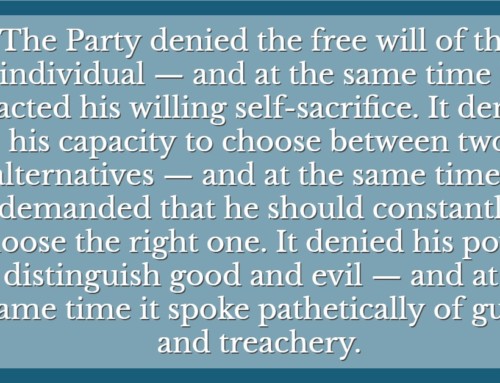It’s been a while since I read a story wherein someone wore a “frock.” Frocks were how heroines dressed back when I learned to read, so that should tell you the era of this week’s book.
In Mary Stewart’s Nine Coaches Waiting, Linda Martin leaves an English orphanage to accept a governess position in a French manor. (To be clear, she’s an orphan at the orphanage, not a governess.) It doesn’t hurt that we start out in Paris, with Linda calling a cab and directing the driver to her hotel. Ah, this was back when Paris was all about sidewalk cafes and smart little shoes instead of bombs and sirens.
But I digress.
Anyway, she ends up at the manor and meets her employer. Monsieur’s the sort whose polo accident makes the society pages. Now he’s confined to a wheelchair. He’s deadly handsome, but exudes the air of “Milton’s ruined archangel.”
Then there’s Madame. Linda can still detect her beauty in spite of the crinkly complexion though Madame is an enigma. She’s a monument of reserve with a hint of troubled . . . something.
For some reason, Linda doesn’t want to let on to her employers that she speaks perfect French.
Then there’s little Philippe, Linda’s charge. His father (brother of Monsieur) and mother were killed in a plane crash. (These people attract tragedy about like Kennedys.) But anyway, Philippe stands to inherit the manor, the lands, the whole shebang, once he grows up. Such a boy is not the rowdy, tree-climbing, GI Joe-playing sort of boy we all know in real life. Philippe occupies himself quietly in the nursery, takes walks and English lessons from Linda and, each afternoon, reports for tea-time conversation with Madame.
To further round out the cast list, we have an English chap, who wanders in and out of the story. Then there’s Raoul, Monsieur’s son. He inherited Daddy’s looks. He also exudes hints of trouble.
This was when I said to myself, Isn’t this story a bit like Jane Eyre? Not that I would know. I couldn’t stand Jane Eyre.
Anyway, one day Linda and Philippe walk in the woods and shots ring out, the bullets narrowly missing the young heir. Is there a daffy hunter in the woods? Or is there an evil plot afoot? And what gossip runs amok through the servants’ quarters? What are they saying about the shot in the woods, about the way Raoul gazes at Linda, about Madame and Monsieur and the manor and, oh, all of it?
Mary Stewart winds the tension tight. I believe she got me to read an R-O-M-A-N-C-E in spite of myself.
I believe I’ll try yet more Stewart tales.
Photo by Phil du Valois on VisualHunt / CC BY-NC-ND







“M S winds the tension tight” …..;yah, I like that phrase.
Makes me smile that you were held against your usual will and made it through a not-your-venue book!